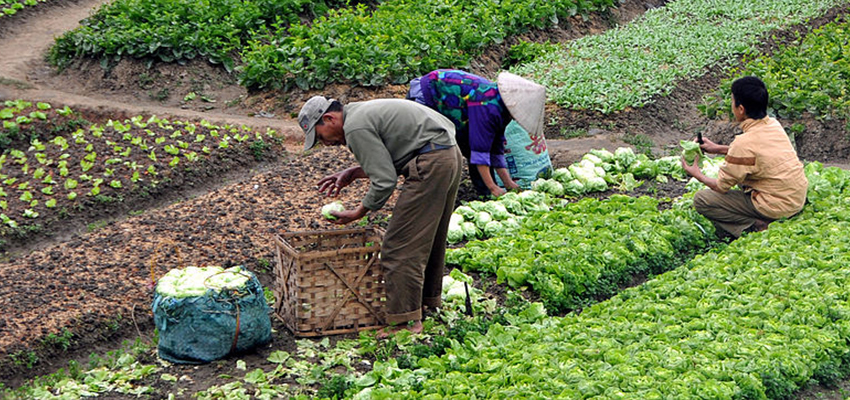
Innovations to overcome food insecurity in low-resource regions
Smallholder farmers in low- and middle-income countries produce a large share of the planet’s food. In some regions—especially in sub-Saharan Africa and South Asia—they produce up to 70-80% of food consumed locally, contributing to food security. Moreover, as 84% of farms worldwide are smallholding, populations in low-resource regions depend on agriculture for livelihood.
This class examines a cluster of challenges that make food security and smallholder livelihoods fragile, including climate change, post-harvest food loss, market and financial barriers, and social and institutional challenges, and explores resources that can be leveraged to enhance smallholder food production.
The class not only includes readings and lectures on innovative technologies and agricultural practices to enhance food security, but also provides a framework for incorporating smallholders into local and regional food systems. Ultimately, the class teaches students how to integrate smallholder farmers into local and regional value chains to impact food security and livelihoods in low-resource regions.
Guest speakers
The class features lectures from industry experts and academics on appropriate irrigation methods, sustainable pest management, sustainable landscape restoration, sensors for mitigating climate change, and smallholder value chains.
Labs
To ground learning about agricultural innovations for smallholder farmers, student teams have the opportunity to partner with regional farmers to pilot and ideate innovations.
Projects and travel
Students will have the option to travel abroad, where they will work with smallholder farmers to develop solutions to their technical and financial challenges. Solutions may include, but are not limited to, pest reduction approaches, appropriate technology for irrigation, post-harvest refrigeration, and value chain/business/cooperative model innovations.

